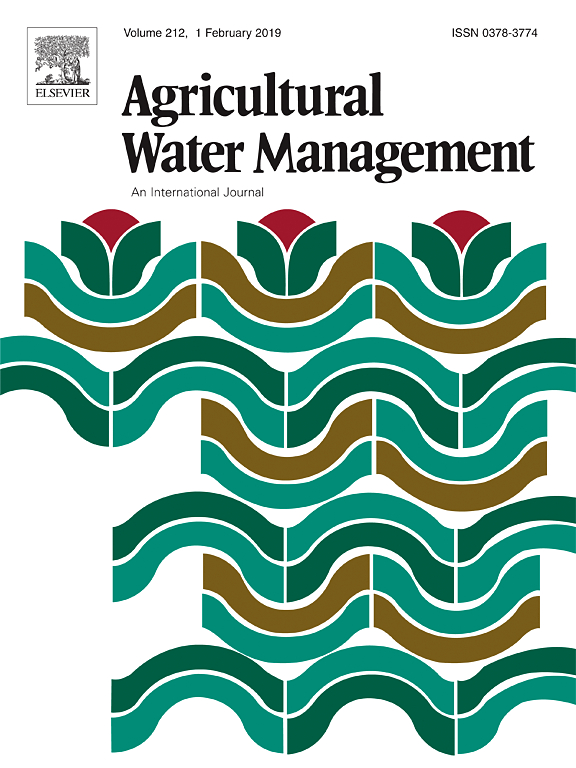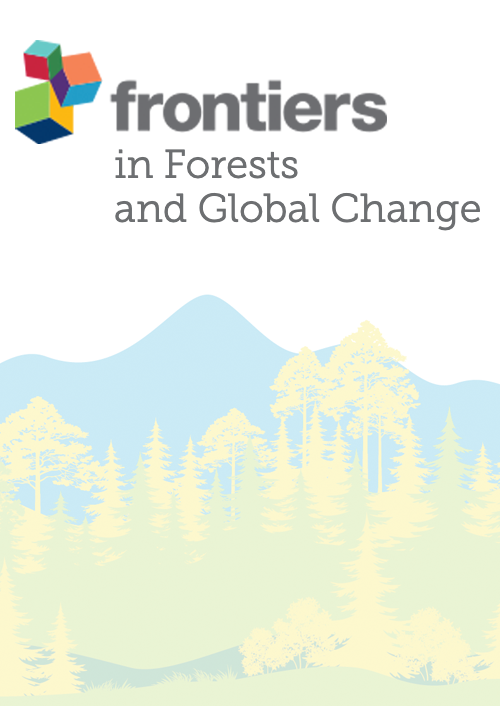Integrated agriculture and forestry land-use practices are critical in countries like Sudan, which faces accelerated deforestation, as they can make land-use and agricultural production systems more sustainable. The accelerated loss of forest vegetation is often perceived to result from increased unsustainable exploitation by poor rural populations for their livelihood needs. To explore this critique, we examined smallholder farmers' (SHFs) views on the management and utilization of trees for livelihood improvement and environmental protection. The study involved a cross-sectional survey conducted with SHFs from two villages in Kosti province through questionnaire-based interviews, focus group discussions, and Participatory Learning and Action methodology. Descriptive statistics suggest that forest product exploitation by SHFs has the potential to be sustainable, and is important for both subsistence and income generation. Management strategies adopted by the SHFs to ensure improved yields include (a) the use of drought-tolerant crop varieties; and (b) tree management practices such as assisted natural regeneration, pollarding, and selective harvesting. Such practices are viewed as valuable land-use technologies by SHFs in Sudan to reduce the loss of forest and woodlands that is speeding up environmental degradation. This study concludes that SHFs have a wide range of experience and practical knowledge relevant to ensure and achieve a sustainable management of natural resources and environmental protection alongside livelihood improvement.
DOI:
https://doi.org/10.1080/10549811003742084
Altmetric score:
Dimensions Citation Count:
























